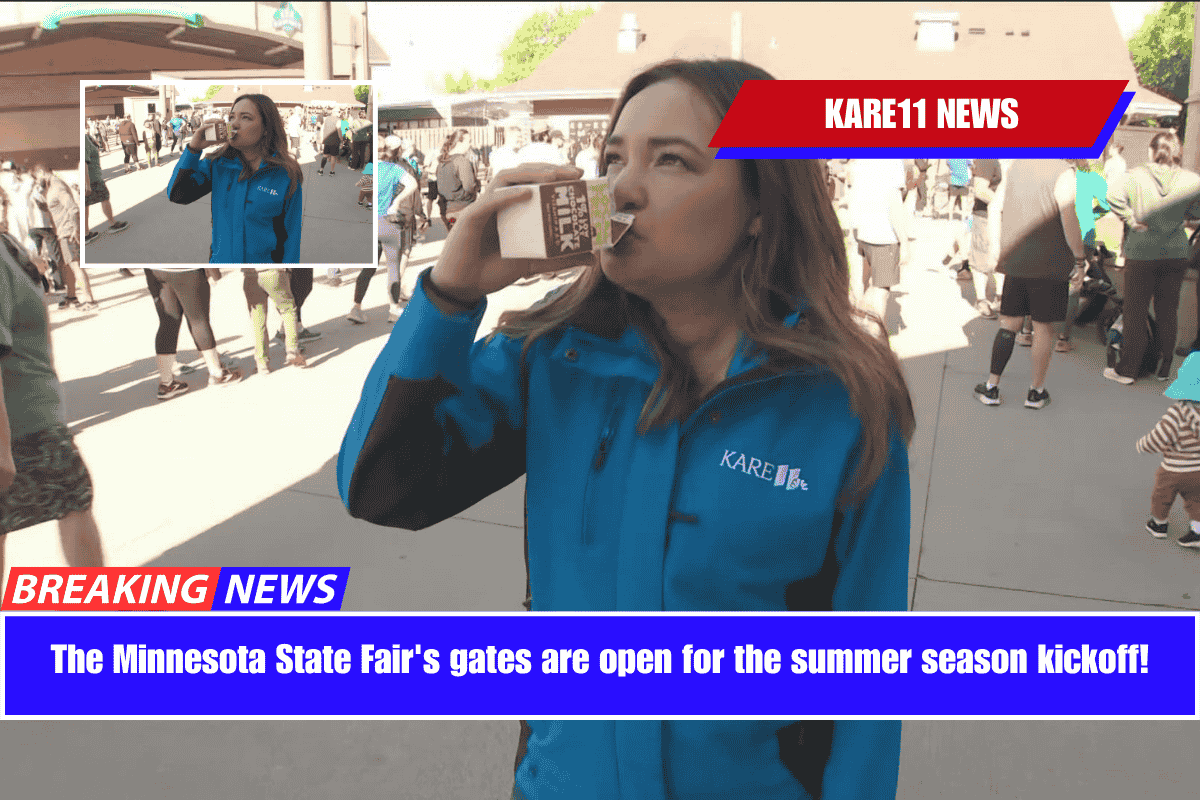Saint Paul, Minnesota — After failing to complete the state budget during the regular legislative session, lawmakers have spent the last two days debating billions of dollars in spending bills as they try to resolve differences between House and Senate legislation.
However, with the exception of tax bill discussions, the majority of these negotiations have taken place in closed-door meetings, leaving Minnesota taxpayers in the dark about major budget areas such as health and human services, education, and transportation.
Known as conference committees during the legislative session, these “working groups” have been meeting inside the state capitol since Tuesday morning. Before they began, Republican House Speaker Lisa Demuth stated that the groups could hold open meetings and would “be as public as possible.” However, with the legislature no longer in session, the official House and Senate calendars do not list the times or locations of these working group meetings, and a Minnesota Star Tribune reporter was reportedly denied access to the Human Services working group on Wednesday morning.
Republican Sen. Jim Abeler, a member of the working group, expressed disappointment earlier this week with the lack of transparency, both for the public and for legislators like himself who do not hold leadership positions. He claimed that three or four items in the Human Services bill “were stuff I never even knew they did.”
“I wish it were more public. If I were the chair — I’m not a chair; I’m just a participant — I would hold more open meetings. That’s a significant loss,” Abeler said, “and it has been evolving over the last few years. There is now a custom. This is a bad custom. It’s much better when people can see what we’re doing. So many of the mistakes and issues we want to fix are the result of private meetings.”
At the same time, some lawmakers have stated that these negotiations within working groups will become public once details are ironed out behind the scenes. DFL Rep. Kim Hicks, who spoke at a rally Wednesday morning in support of increased funding for disability waivers, defended the legislative process while urging the Human Services working group not to reduce waiver funding.
“I believe those discussions will take place in public, and I believe we are transparent. That is why we are here. “There isn’t a lack of transparency,” Hicks explained. “There [are] louder voices in some spaces than other spaces.”
Following the session’s conclusion at 11:59 p.m. Monday night, legislative leaders established a new deadline of 5 p.m. Wednesday for working groups to complete budget bills in preparation for a special session. However, in the hours leading up to the deadline, multiple sources from both the DFL and Republican caucuses confirmed that legislators still had a lot of work to do, implying that leadership may need to intervene now to resolve budget disputes. Gov. Walz and legislative leaders have scheduled a meeting for 7:30 p.m. Wednesday to discuss the budget issues that working groups are still stuck on.
The secrecy surrounding some working groups has sparked broader discussions about transparency in the legislature.
This week, DFL Senate Majority Leader Erin Murphy stated that even conference committees that meet in public during the regular session could become more transparent. The role of the conference committee is critical to the legislative process because it is the point at which the House and Senate have both passed a bill and must work together to finalize legislation for the governor to sign.
“I’m very frustrated with how the legislature has shifted away from open and public conference committees. It’s something I’ve been very vocal about among my colleagues, the House, and the administration. I think it’s important that we meet in public,” Murphy said. “But right now, I believe that there are forces that are making things even more difficult. And while some of this is due to the tie in the House, I believe we are always better off when conference committee work is done in public.
DFL caucus leader Rep. Melissa Hortman noted that each conference committee is unique.
“I think that we’ve had some conference committees do a lot of work in public, and some conference committees do less work in public,” according to Hortman. “Certainly, the leadership negotiations have never been public.”
Hortman was referring to the leadership negotiations that occur between Gov. Walz and the respective House and Senate leaders, during which they establish “global” budget targets to guide the work of the conference committees. During years of divided government, such as 2025, it is common to see media members staking out the Governor’s Cabinet Room in the Capitol to gather information from leaders as they enter the private negotiating room.
Although this has been a source of contention over the years, Hortman defended the need for privacy during the broader budget negotiations.
“I believe Pawlenty made an effort, but not much was accomplished while the cameras were present. “I think when Mark Dayton and Kurt Daudt tried to do some things publicly, it just doesn’t work,” Hortman said, “because you need people to be able to say what their bottom line is, to make their emotional pitch, to say where their caucus is and where their votes are, and people have to really show their cards.” So that is a space that has never been, and most likely will never be, transparent.


















Leave a Reply